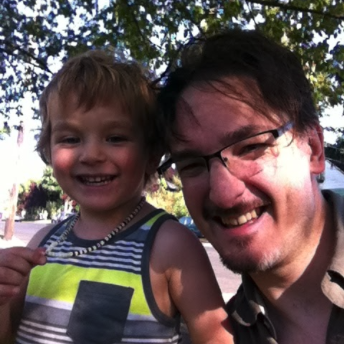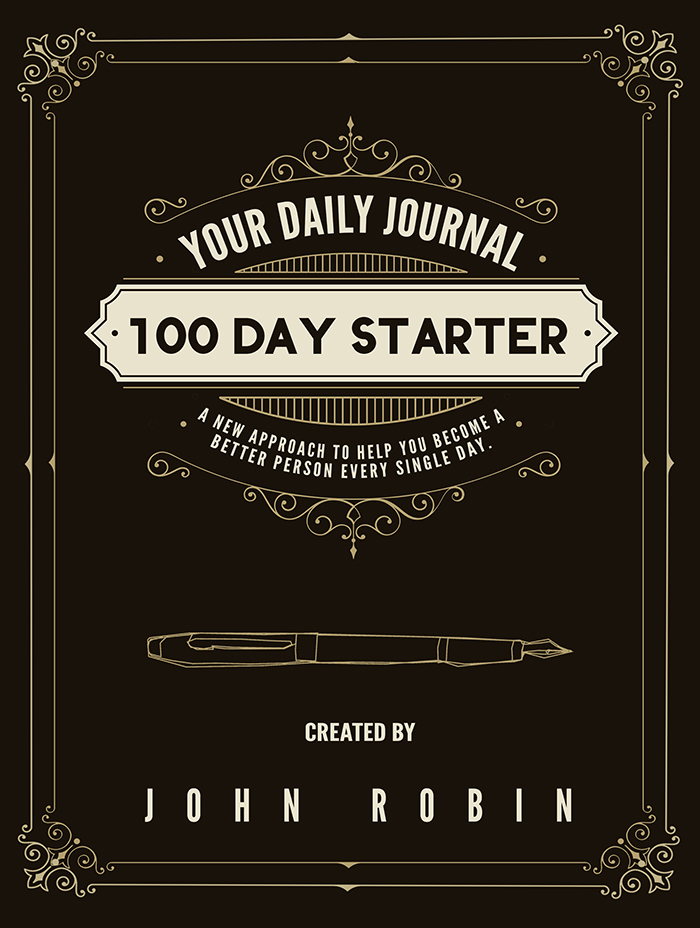Today, Sean Gallagher, author of Mysts of Mythos, returns to the blog to offer his perspective on language and culture in fantasy. For more from Sean, click here.
When one sets out to write a story within a historical setting, very critical decisions about how to deal with language must be answered early on in development. On the one hand, the setting is absolutely critical to the story because it is the entire backdrop. If the setting is not believed then the story, no matter how well written otherwise, will not grab the reader. On the other hand, the use of archaic language to set the tone of the story can create a prose that is cumbersome. Though it is one of my favorite novels, many people find the language of The Lord of the Rings to be off-putting. While I love the his writing, and might want, in my heart, to emulate it, the modern reader is probably not prepared for the elaborate language of Tolkien. Make it too hard for the reader to actually absorb the amazing story and your audience will not want to read it.
How does one accomplish that difficult task? How are the right words chosen? What sources are used to derive the words that will be printed on the page? What method of writing succeeds in telling an engaging story, with a strong setting, and sympathetic characters that the reader will want to root for? Why?
Though The Lord of the Rings is not, in and of itself, a story in a historical setting, it is heavily influenced by the history and language of the Anglo-Saxon cultures of England. Tolkien was a professor of English literature with a specialty in Old English. In fact, the first thing that made him famous, to a certain section of society, was an analysis that he did on the poem, Beowulf. Beowulf: The Monsters and the Critics is a truly excellent work and shows that Tolkien had a very strong grasp of how language is used in writing. In The Hobbit and The Lord of the Rings he applied two different voices to tell stories set in the same world. He created an entire language, Elvish, as part of the setting of his world. Even though it is only used in a few places the impact on his story is strong because he built the language, and the corresponding history of it and his world, before he wrote the novels.
If you haven’t been able to tell yet, I am heavily influenced by Tolkien. My father read The Hobbit to me when I was eleven years old. I read The Lord of the Rings when I was twelve, and have re-read it many times since then, though I had to re-start the novel three times because of the difficult prose. In my opinion it is still the finest work of epic fantasy ever written. The level of prose Tolkien uses adds to, rather than detracts from, the telling of his story. It merely takes some getting used to. I could never hope to write in a style that approaches Tolkien’s, though I wish I could. I do not have the necessary background. Other authors more directly influence the prose one will find in my novel once Mysts of Mythos is published.
The stories I tell, set in the world of Mysts, will be told in a modern style. My more direct, and recent, influences are the stories of Harry Turtledove’s Legion of Videssos, Eric Flint’s 1632 series, and SM Stirling’s Island in the Sea of Time. All three of these men are highly regarded writers of alternate history and speculative fiction. Indirect influences, coming from my early years as a reader of fantasy, include Robert E Howard’s Conan, Robert Jordan’s Wheel of Time, and Raymond Feist’s Riftwar Saga.
One of the reasons I am writing my novel is to tell, what I hope, is a fun story while also educating the reader. How do I choose the right historical words in order to set the scene properly? In Mysts of Mythos the first Old English words I chose were official titles such as Cyning(King), Thegn(Lord), and Ealdorman(Duke). I’m considering using Sweoster(Sister) since one of the main characters is a nun, except that the counterpart for Brother in Old English is still Brother. Titles offer an excellent opportunity for learning in context. Characters within the story can address another by their title as spoken in Old English. Later that same person can be referred to in the narration with the modern, more familiar, title.
Other words used are for places, such as slaepern(dormitory), and specific locations, such as Crepelgate and Aldgate, two of the main entry points to the city of Lundunburh(London). Other words used are item names such as seax(dagger/knife) or group names such as Witangamot(royal council). Lastly, but probably most important, is names of people. Aethelstan, one of the four main characters, has a unique name that is rarely, if ever, encountered in modern life. Others, such as Dagmund or Frithewald, are even more unusual and will help to frame the setting.
Sources are incredibly important to validate the writing when telling a story in a historical setting. For Mysts of Mythos there will be a bibliography, glossary, and list of characters, at the end of the book that will explain all of the meanings of the old words and also where they come from, as well as who the people in the story are and whether they are real historical people or creations of my own. The most important, and primary, source used was the Anglo-Saxon Chronicle itself. Unfortunately I do not read Old English and so was reliant upon translations, but all of the translations are well cited. One of the most vital resources used for general words was the website Old English Translator.
I love history and I love fantasy and I hope that my story will help to give my readers an insight into why history is important and loveable while also entertaining them. And I leave you with a bit of Old English from Beowulf.
þe mec guðwinum gretan dorste, egesan ðeon. Ic on earde bad mælgesceafta, heold min tela, ne sohte searoniðas, ne me swor fela aða on unriht. Ic ðæs ealles mæg
My days have gone as fate willed, As I knew how, swearing no unholy oaths, Seeking no lying wars. I can leave this life happy; I can die, here, knowing the Lord of all life has never watched me wash my sword in blood born of my own family
###
 Sean Gallagher is the author of the upcoming novel, Mysts of Mythos, first book in a new series of what he is calling historical fantasy. Raised in Syracuse, NY he moved to Oregon while still in high school and currently resides in Portland with his wife, Monica, and son, Rune. The Gallaghers are also the proud human friends of Blanca the dog and Thor the cat.
Sean Gallagher is the author of the upcoming novel, Mysts of Mythos, first book in a new series of what he is calling historical fantasy. Raised in Syracuse, NY he moved to Oregon while still in high school and currently resides in Portland with his wife, Monica, and son, Rune. The Gallaghers are also the proud human friends of Blanca the dog and Thor the cat.
Check out his website or join his mailing list for further updates: www.mystsofmythos.com
Like his page on Facebook: https://www.facebook.com/mystsofmythos
Follow him on:
Twitter: @Faolan
Instagram: @MystsOfMythos


Good luck on your first novel! Sounds like its off to a great start 🙂 I love language too, but tend to make up my own words again and again. Its funny how often context helps a reader figure it out.
Thanks April. 🙂